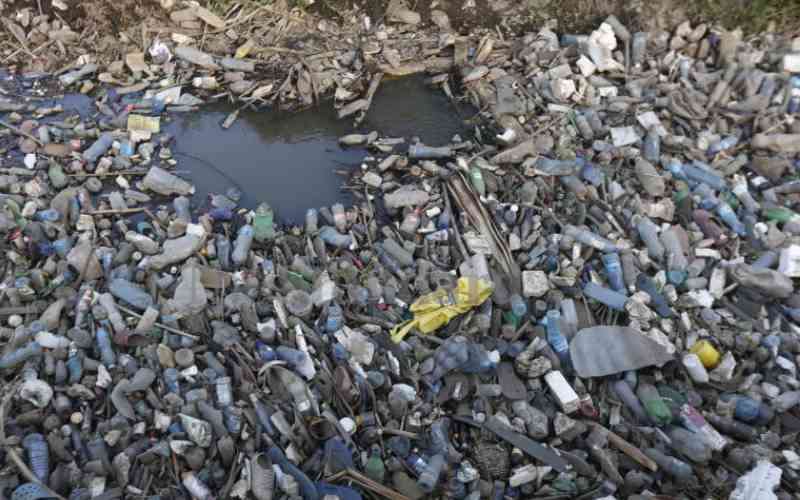
Plastic pollution is visible and well documented, but we often overlook the invisible chemicals in plastics that are hazardous to people and the environment. Studies show that chemicals from plastics are linked to serious health problems.
In this regard, the African Ministerial Conference on the Environment (AMCEN) in Dakar, Senegal mid this month, provided an opportunity for ministers and delegates to strengthen their commitment in line with the outcomes of the United Nations Environment Assembly (UNEA-5.2) on the development of an international, legally binding instrument on plastic pollution.